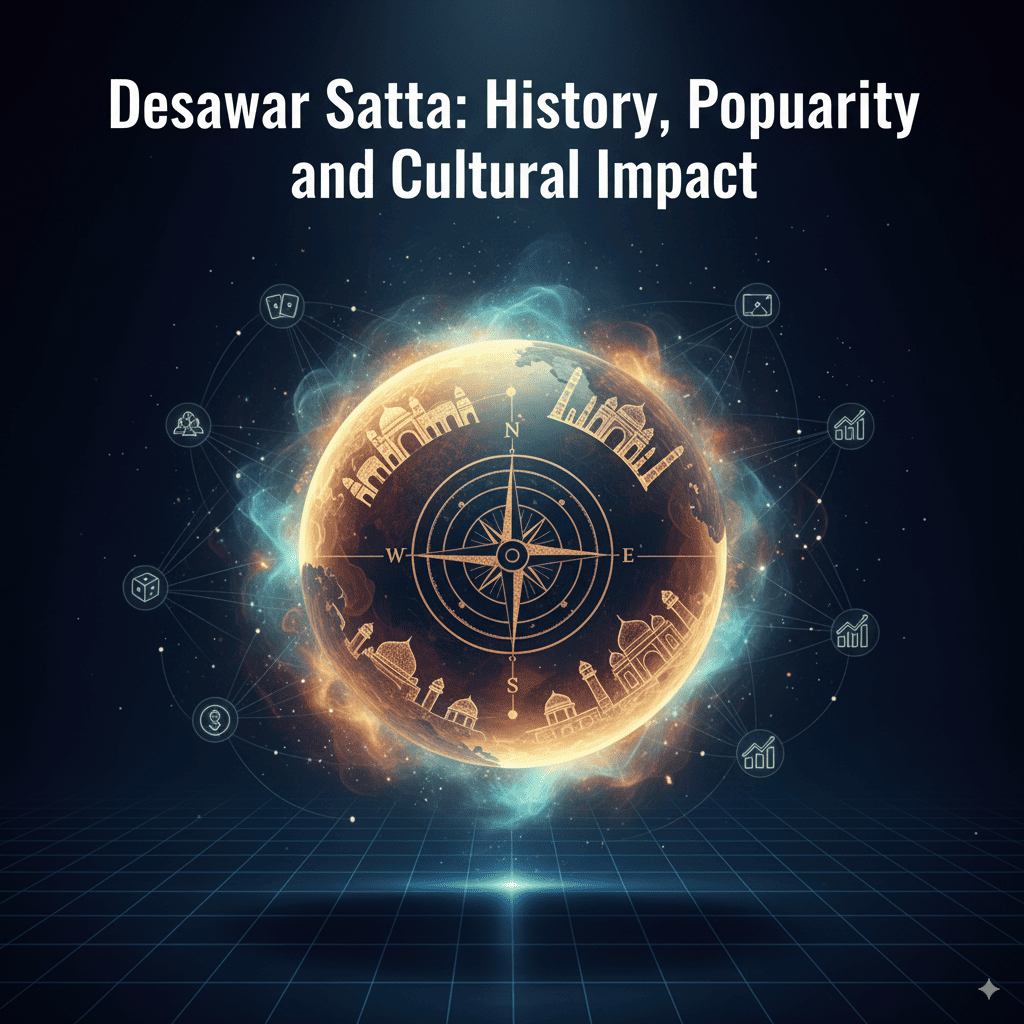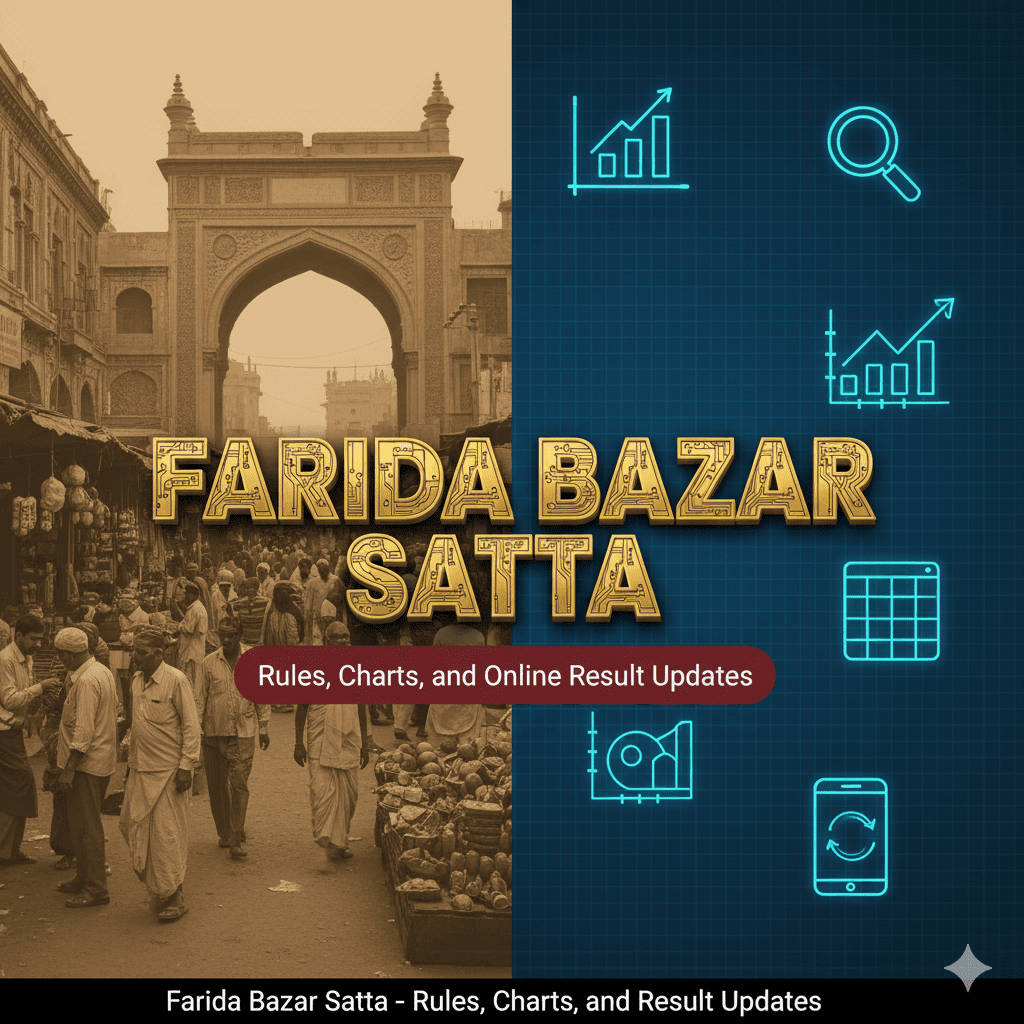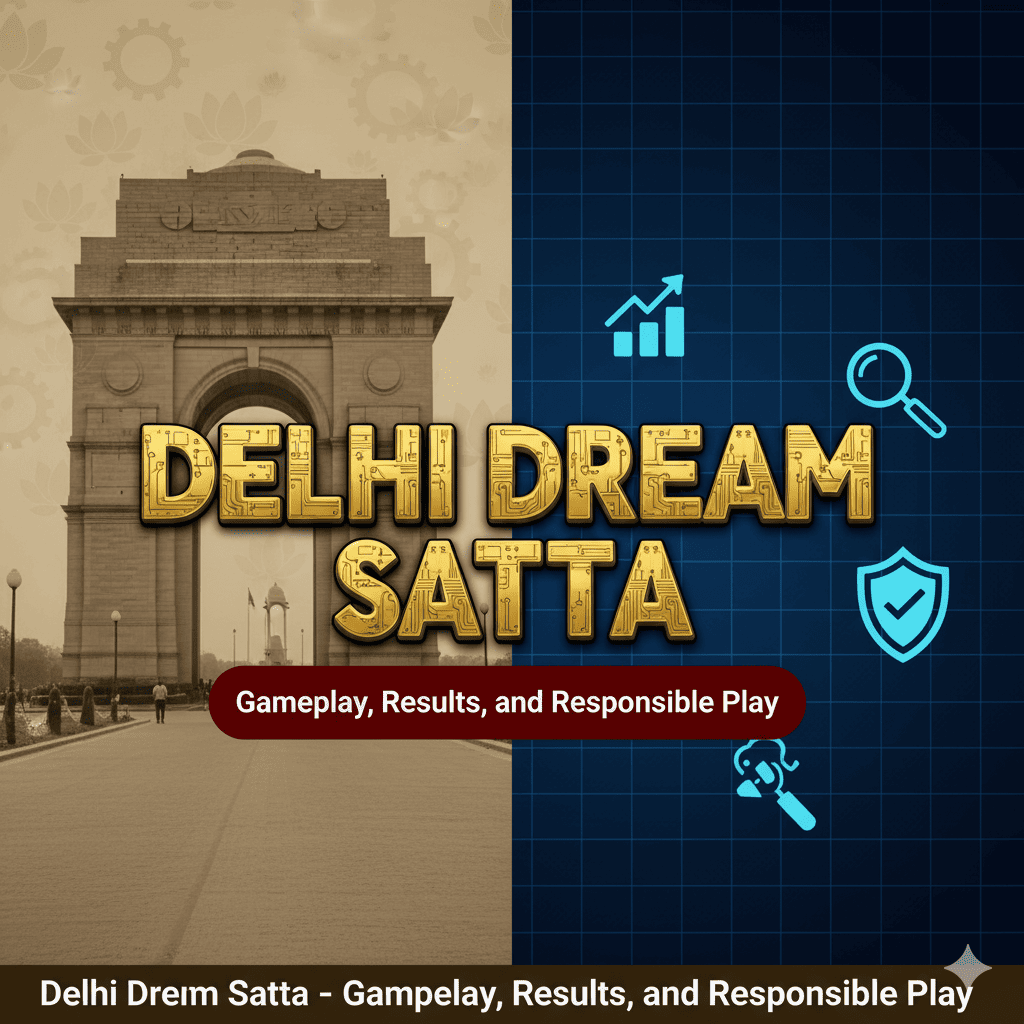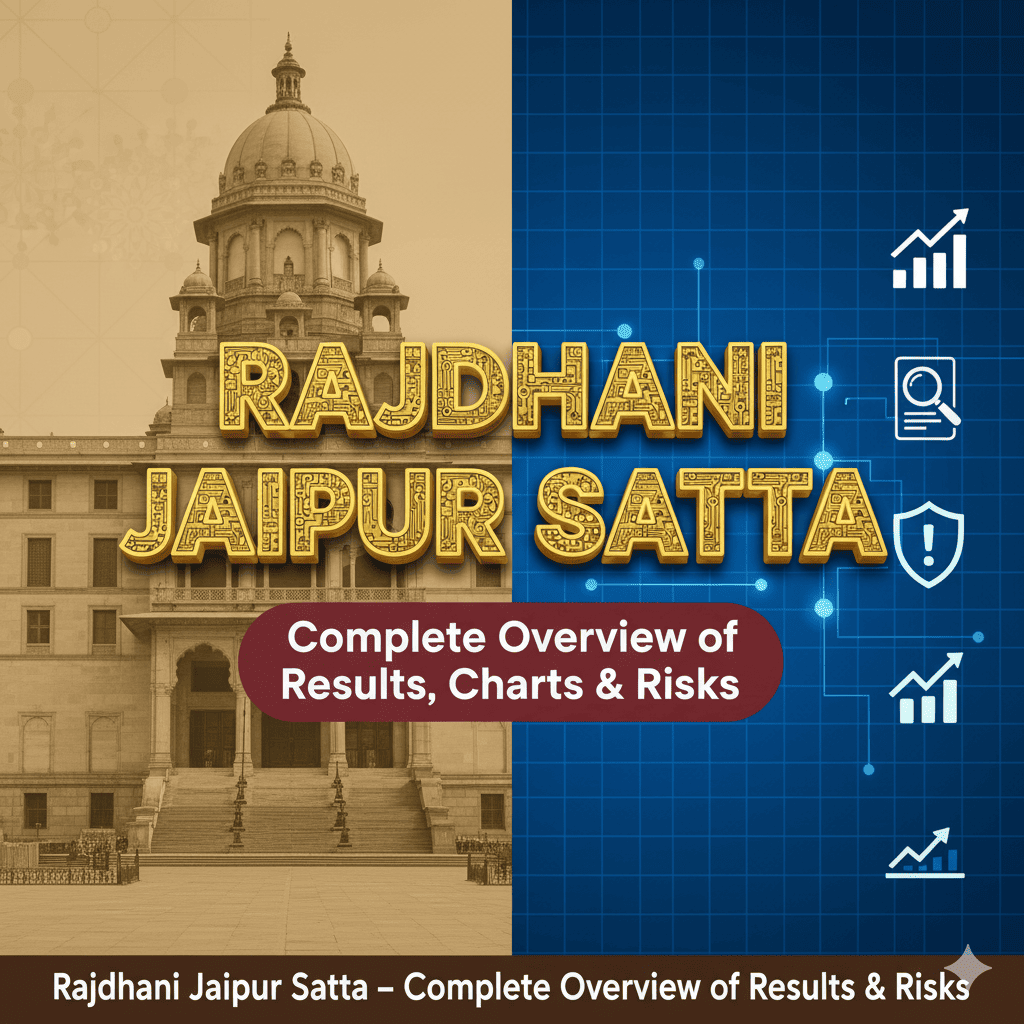
Desawar Satta: History, Popularity, Digital Influence, and Legal Status
In the world of Satta King and Matka games, Desawar is among the most recognized names. Known for its early morning result at 5:00 AM, it has gained a loyal following over the years. While many people associate it with luck and fortune, the story of Desawar is much deeper—it reflects history, culture, tradition, and also the risks connected with gambling.
This article takes a closer look at Desawar Satta—its origins, why it became popular, how it has evolved in the digital age, and the legal concerns surrounding it.
What is Desawar Satta?
Desawar Satta is one of the oldest and most followed Satta King markets in India. Unlike many other markets that declare results later in the day, Desawar announces its outcome early in the morning, making it the starting point of the day for many players.
Traditionally, Satta Matka involved drawing random slips of numbers from an earthen pot (Matka). Over time, this evolved into structured markets like Desawar, which became a reliable and consistent market in the community.
Historical Background of Desawar
The roots of Desawar Satta can be traced back to the origins of Satta Matka in Mumbai during the 1950s. Initially, bets were placed on cotton prices from the New York Cotton Exchange. As the practice grew popular, the system shifted to random number draws, which became the foundation of modern Satta King games.
Over the decades, many markets emerged across India. Desawar stood out because:
-
It offered early morning results, reducing waiting time.
-
It gained a reputation for consistency and tradition.
-
Its name spread beyond Delhi, reaching Uttar Pradesh, Haryana, and other parts of North India.
Why Desawar Became Popular
There are several reasons why Desawar continues to attract attention even today:
-
Early Result Timing – Declared at 5:00 AM, it gives players instant results at the start of the day.
-
Long Tradition – Being one of the oldest markets, it has historical credibility in the Satta community.
-
Cultural Habit – For many, checking Desawar results has become a daily routine.
-
Accessibility – With the rise of online platforms, Desawar’s results are instantly available to anyone with a smartphone.
-
Community Discussions – Social groups, charts, and guessing forums make Desawar more interactive than just a number game.
Desawar in the Digital Era
In earlier times, Desawar results were shared through handwritten slips, local boards, or word of mouth. With the internet, the landscape has completely changed:
-
Websites publish Desawar results instantly every morning.
-
Mobile apps send notifications and maintain record charts for players.
-
Social media groups on WhatsApp, Telegram, and Facebook discuss predictions and past outcomes.
This digital accessibility has expanded Desawar’s reach but has also introduced new challenges. Fake websites and fraudulent apps often manipulate results or mislead users.
Legal Status of Desawar in India
It’s important to understand that Satta King games, including Desawar, are illegal in India. According to the Public Gambling Act of 1867, running or participating in such games is punishable.
The only legally recognized forms of betting in India are:
-
State Lotteries (regulated by governments)
-
Horse Racing (considered a game of skill)
-
Licensed Casinos (in Goa and Sikkim)
Despite its illegality, Desawar continues to operate underground and online. This means participants face not only financial risks but also the possibility of legal consequences.
Risks of Playing Desawar
Even though Desawar holds cultural significance, the risks cannot be ignored:
-
High Chances of Loss – The game is based entirely on luck, and losses are more common than wins.
-
Addiction – The fast-paced nature and daily results can lead to compulsive gambling.
-
Fraudulent Platforms – Many websites publish fake numbers or manipulate results.
-
Legal Trouble – Participation in Satta can lead to penalties if caught.
Cultural Impact of Desawar
In regions like Delhi, Ghaziabad, and surrounding cities, Desawar has become more than just a game. For decades, it has been part of local culture, with people discussing results in tea stalls, markets, and community gatherings.
Some see it as a symbol of hope and luck, while others view it as a risky distraction. Either way, it has created a strong cultural identity that continues to survive despite being banned.
Responsible Perspective
While the fascination with Desawar is understandable, it is vital to approach it with caution. For those who follow results or charts, it should be treated as a piece of cultural history, not a financial opportunity.
If someone still chooses to engage, they must:
-
Avoid chasing losses.
-
Set strict limits.
-
Stay aware of fraud risks.
-
Remember the legal implications.
Conclusion
Desawar Satta is one of the most significant markets in the history of Satta King games. Its early morning timing, decades-long tradition, and cultural presence have made it stand out among countless other markets.
However, it is equally important to remember that Desawar and all Satta King games are illegal in India. They carry not just financial risks but also legal and social consequences.
For readers, the safest way forward is to see Desawar as a cultural and historical phenomenon, not as a means of income. While it continues to thrive underground and online, awareness, caution, and responsibility are essential in approaching it.





